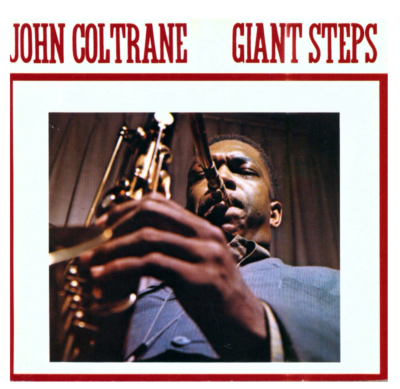Why is Jazz So Hard?
Jazz music, with its intricate melodies, complex harmonies, and improvisational nature, has long been celebrated as one of the most sophisticated and intellectually demanding forms of music. Yet, for many aspiring musicians, the question persists: Why is jazz so hard? In this article, we delve into the multifaceted reasons behind the challenges of mastering jazz, from its rich history to its technical demands and artistic nuances.

Why is Jazz So Hard?
To understand why jazz is perceived as difficult, it's essential to explore its rich history. Originating in the African-American communities of New Orleans in the late 19th and early 20th centuries, jazz emerged as a fusion of African rhythms, European harmonies, and improvisational techniques. Its evolution has been marked by constant innovation and experimentation, leading to various styles such as swing, bebop, cool jazz, and fusion.
The complexity of jazz lies in its deep-rooted traditions and the vast array of musical languages it encompasses. To truly master jazz, musicians must immerse themselves in its history, studying the works of legendary figures like Louis Armstrong, Duke Ellington, Charlie Parker, and John Coltrane. This historical depth adds layers of complexity to jazz performance, requiring not only technical proficiency but also a profound understanding of the genre's cultural and stylistic nuances.

At its core, jazz music is characterized by improvisation, where musicians spontaneously create melodies, harmonies, and rhythms within a given framework. This improvisational aspect demands a high level of musical proficiency and technical skill. Jazz musicians must possess a deep knowledge of music theory, including scales, chord progressions, and harmonic substitutions, allowing them to navigate complex harmonic landscapes with fluidity and creativity.
Moreover, jazz often features intricate rhythms and syncopated patterns that challenge even the most seasoned musicians. From swinging eighth notes to polyrhythmic grooves, mastering the rhythmic intricacies of jazz requires precise timing, coordination, and a keen sense of groove. Drummers, in particular, face the daunting task of navigating intricate patterns while maintaining a solid beat and supporting the ensemble's momentum.
In addition to technical demands, jazz musicians must also develop their ear-training skills to communicate effectively with fellow performers during improvisation. The ability to listen attentively, anticipate harmonic movements, and respond intuitively to musical cues is essential for creating cohesive and dynamic performances in a jazz ensemble setting.
If you are interested in learning music check out our Music Lessons in Tempe.
Beyond its technical challenges, jazz is a deeply expressive art form that demands authenticity, creativity, and emotional depth from its practitioners. Unlike classical music, which often prioritizes fidelity to the composer's intentions, jazz encourages individual expression and personal interpretation. Musicians are encouraged to infuse their performances with their unique voice, drawing from their personal experiences, emotions, and cultural influences.
However, this artistic freedom comes with its own set of challenges. Jazz musicians must develop a distinct musical identity while also honoring the tradition and language of the genre. Balancing innovation with tradition, spontaneity with discipline, and personal expression with ensemble cohesion requires a delicate balance that can take years, if not decades, to cultivate.
Furthermore, the collaborative nature of jazz performance adds another layer of complexity. Jazz musicians must develop strong listening and communication skills to interact effectively with bandmates, responding to their ideas, supporting their solos, and collectively shaping the musical narrative in real-time. This dynamic interplay demands not only technical proficiency but also empathy, intuition, and a willingness to take creative risks.
In conclusion, the difficulty of jazz lies in its multifaceted nature, encompassing rich historical traditions, technical demands, and artistic nuances. Mastering jazz requires more than just technical proficiency; it demands a deep understanding of its cultural context, a commitment to continuous learning and growth, and a willingness to embrace the inherent challenges of improvisation and artistic expression.
Despite its difficulties, jazz remains a vibrant and rewarding musical genre that continues to captivate audiences and inspire musicians around the world. For those brave enough to embark on the journey, the rewards are endless, offering not only musical fulfillment but also personal growth, creative exploration, and a lifelong passion for one of the most profound art forms of the 20th century.
If you like this check out our article: Top 10 Jazz Songs From the 1920s
